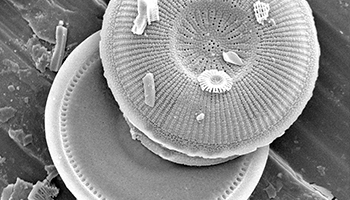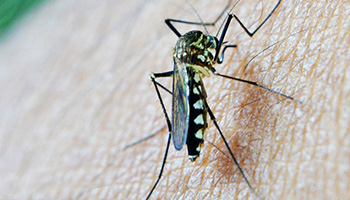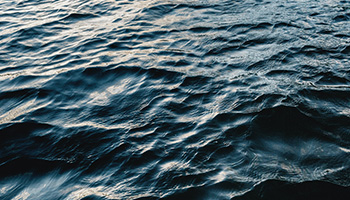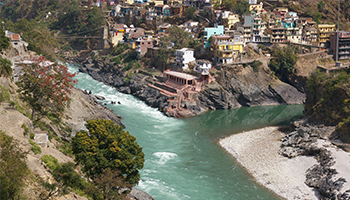Lincoln Centre for Water and Planetary Health
The Lincoln Centre for Water and Planetary Health (LCWPH) is the first interdisciplinary research centre of its kind in the UK to focus on solving the most pressing environmental and societal issues emerging from water-related risks on human and ecosystem health in aquatic environments.
To understand these complex socio-environmental interactions and develop effective adaptation and mitigation strategies, the interdisciplinary research within the LCWPH links environmental sciences with humanities and human health.
The LCWPH uses the emerging idea of “Planetary Health” (“the health of human civilisation and the state of the natural systems on which it depends”) and integrating it with river, catchment, and coastal science in order to make this important concept operational for delivering evidence-based water and health interventions providing the underpinning science to tackle a series of UN Sustainable Development Goals.
Learn more about the focus of the LCWPH and its dedication to promoting research into the most serious global environmental and social problems related to Earth’s great rivers under the foundational directorship of Professor Mark Macklin and Professor Chris Thomas in an article with Research Outreach, Water and planetary health: Protecting the lifeblood of human civilisation.
Our Research
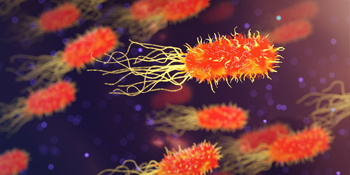
Waterborne and Vector-borne Disease
Waterborne and vector-borne parasitic and bacterial diseases have emerged or re-emerged in many geographical regions, causing global health and economic problems. Our researchers are interested in the potential impact of these diseases on human health.

Coasts and Catchments
Coastal erosion and coastal flooding range among the most severe concerns of coastal communities. We integrate riverine and coastal research to unravel the interactions and feedback mechanisms between “coasts and catchments” to better understand the resilience of natural and social coastal systems.
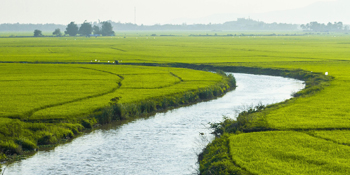
River Science
Rivers satisfy multiple social needs in terms of resources and services but are affected by a wide range of human activity, which reduce the environmental and societal services they provide. We tackle these issues in the interdisciplinary framework of “River Science”, which stands at the interface of geomorphology, ecology, engineering, and social sciences.
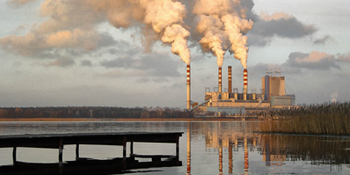
Environmental Contamination
We research contamination at basin, catchment to global scale, arising from past and present mining, agriculture, urban developments, and industry. The Lincoln Centre for Water and Planetary Health aims to develop new approaches to risk management and sustainable development.

PhD Studentships
At the University of Lincoln, our PhD students are committed to making research breakthroughs and inspiring those around them, and we are committed to helping them achieve their goals. That’s why the University is making a significant investment to provide research studentship opportunities for exceptional doctoral candidates.
Contact Us
Department of Geography, College of Health and Science
University of Lincoln, Think Tank, Ruston Way, Lincoln, LN6 7DW
Tel: +44(0)1522 835820


